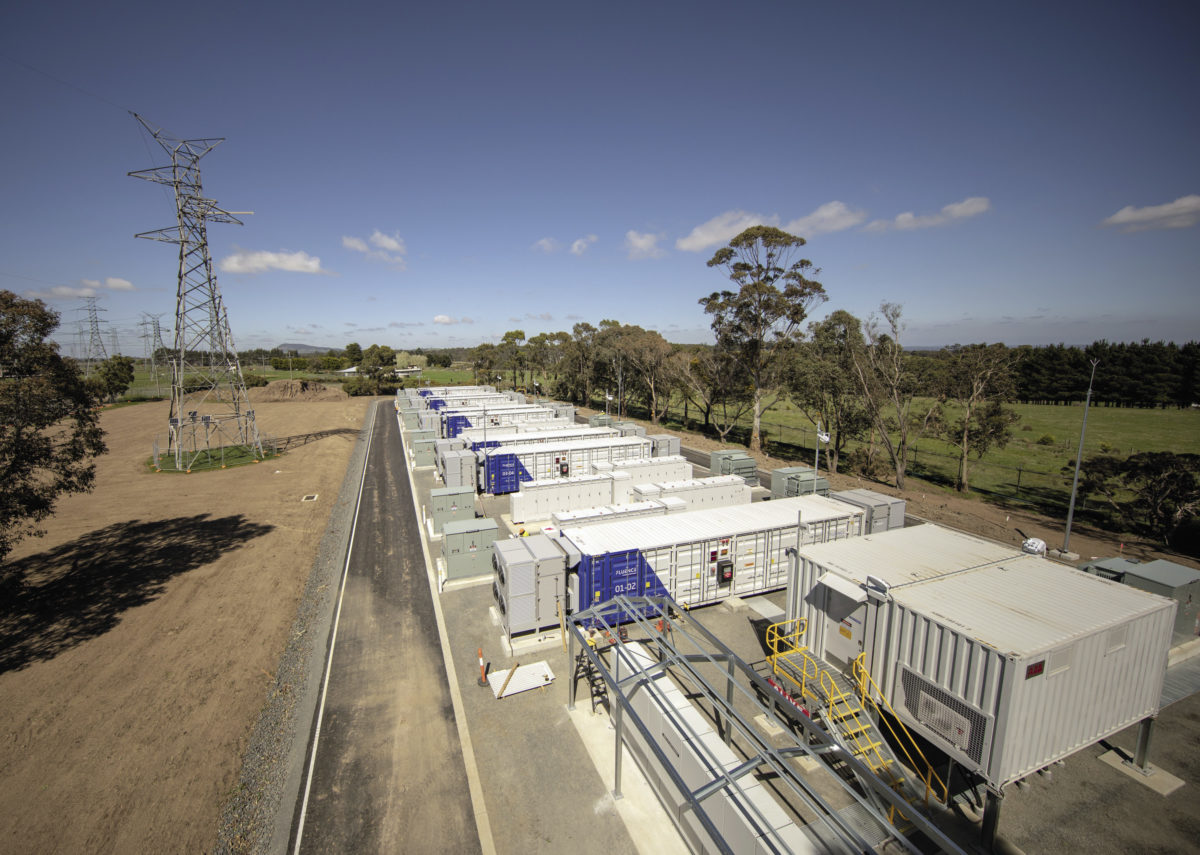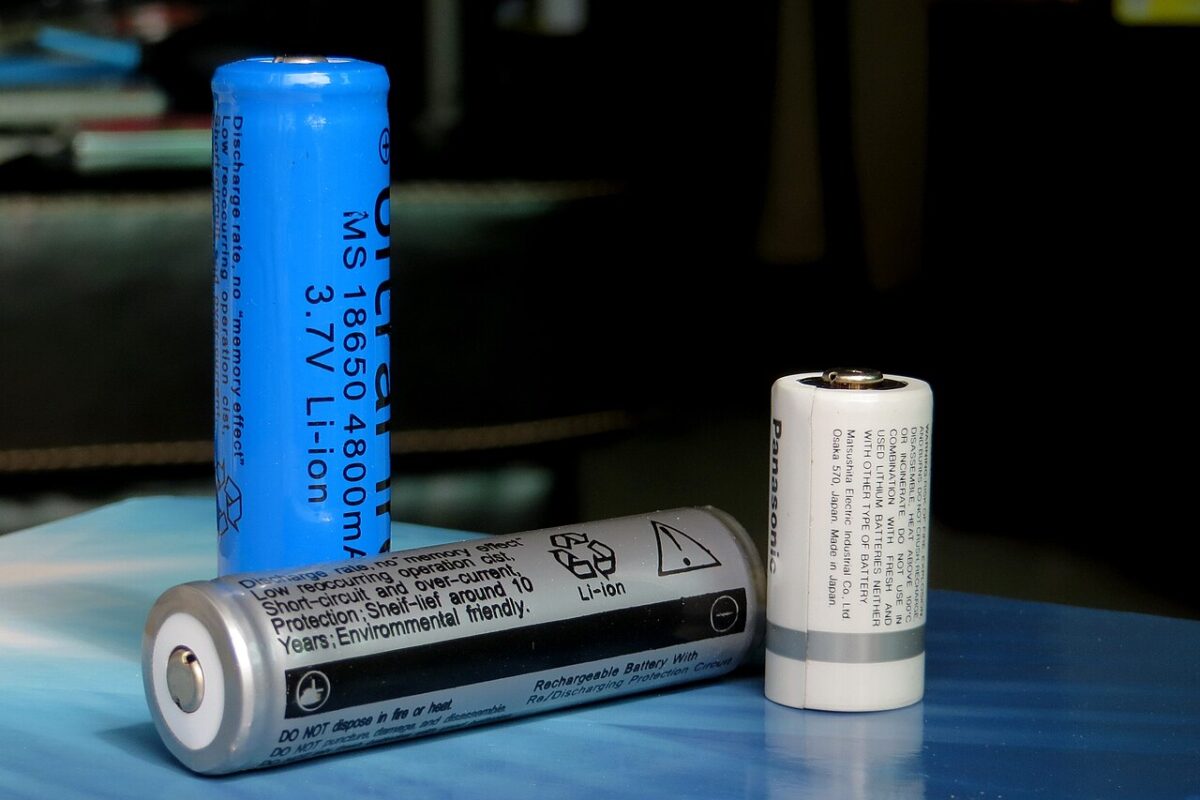From ESS News
India can avoid imminent power shortages and ensure long-term affordable electricity by leveraging its impressive achievements in low-cost clean energy and storage, according to a new study from the University of California’s India Energy and Climate Center (IECC).
Driven by rapid economic growth and extreme heat waves, India’s electricity demand has surged in recent years. Peak demand shot up by 46 GW in just two years, from 204 GW in May 2022 to 250 GW in May 2024.
The IECC study finds that, if this trend continues, peak electricity demand could increase by another 50 GW to 80 GW by 2027.
The power grid is particularly stressed during summer nights, when demand remains high but solar energy generation drops to near zero. Despite plans to add nearly 100 GW of renewable energy generation capacity, 28 GW of thermal, and 13 GW of hydroelectric capacity, by 2027, the IECC study expects India will still face significant nighttime power shortages of 20 GW to 40 GW, or around 8% to 12% of demand, starting as early as 2026.
To meet this shortfall, India needs firm power capacity, in addition to what is under construction, that can be deployed quickly. While new thermal or hydro power plants take five years to eight years to build, solar and storage systems can be constructed in just one year to two years and offer a rapid and effective solution to the looming power crisis.
To continue reading, please visit our ESS News website.
This content is protected by copyright and may not be reused. If you want to cooperate with us and would like to reuse some of our content, please contact: editors@pv-magazine.com.




By submitting this form you agree to pv magazine using your data for the purposes of publishing your comment.
Your personal data will only be disclosed or otherwise transmitted to third parties for the purposes of spam filtering or if this is necessary for technical maintenance of the website. Any other transfer to third parties will not take place unless this is justified on the basis of applicable data protection regulations or if pv magazine is legally obliged to do so.
You may revoke this consent at any time with effect for the future, in which case your personal data will be deleted immediately. Otherwise, your data will be deleted if pv magazine has processed your request or the purpose of data storage is fulfilled.
Further information on data privacy can be found in our Data Protection Policy.